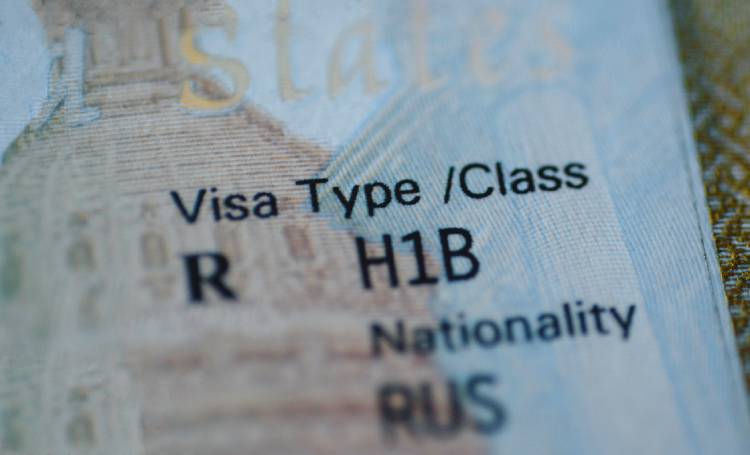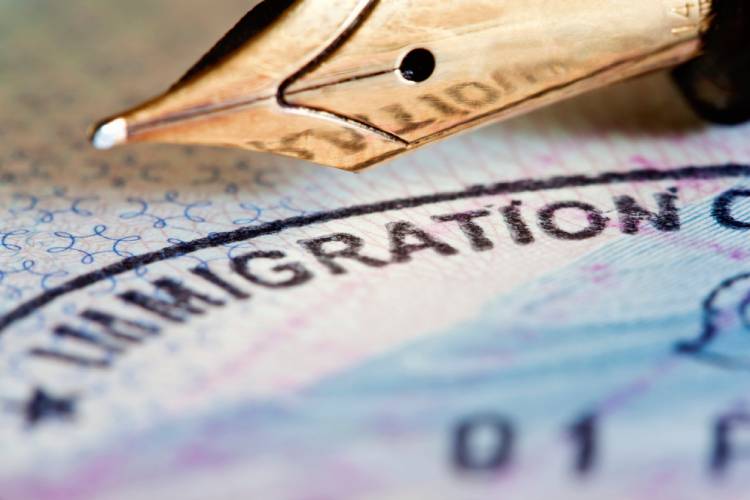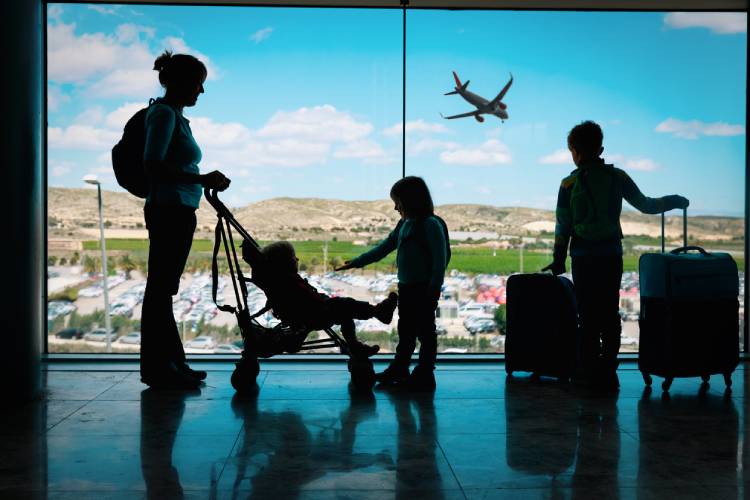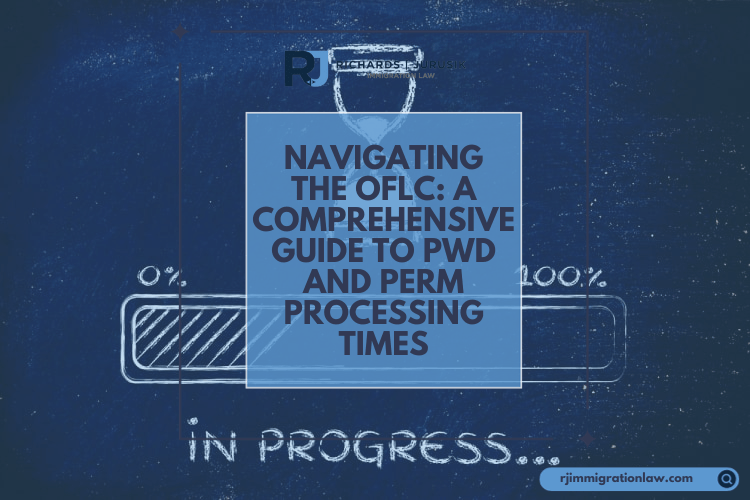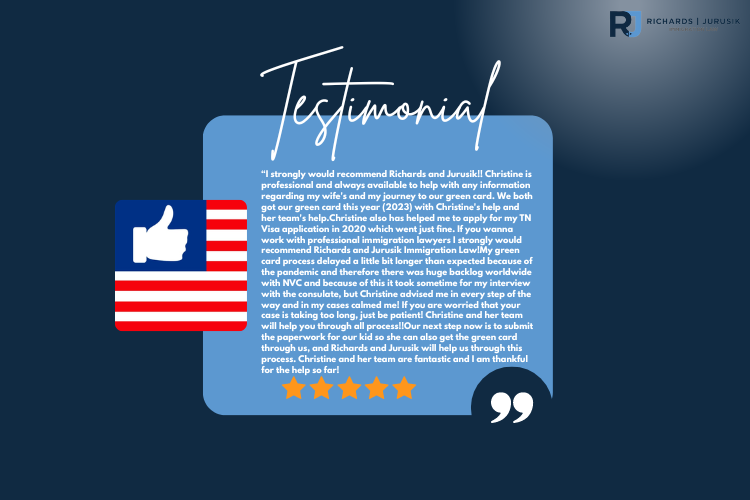Canadians, uniquely positioned due to their visa-exempt status with the U.S., have a distinct pathway to apply for an H1B visa. This specialty occupation visa allows Canadians to work in the U.S. in fields requiring specialized knowledge. However, the two-year home residency requirement and the need for a J1 waiver can be confusing. This guide simplifies these aspects, clarifying how Canadians can pursue an H1B visa and eventual U.S. permanent residence.
The Two-Year Home Residency Requirement
Some Canadians might find themselves subject to a two-year home residency requirement after participating in exchange programs in the U.S. under a J1 visa. This requirement mandates that they return to Canada for two years at the end of their exchange program before they are eligible for certain other U.S. visas or permanent residency.
A Canadian Exemption to the J1 Waiver Requirement
Canadians enjoy a special privilege that enables them to work in the United States under an H1B visa despite being subject to the J1 visa’s two-year home residency obligation. This exemption stems from their visa-exempt status, allowing them to bypass the J1 waiver typically necessary for other visa types, including U.S. permanent residency applications. In essence, Canadians can pursue employment in the U.S. with an H1B visa without the need to complete or obtain a waiver for the two-year home residency requirement.
Path to U.S. Permanent Residence
While obtaining an H1B visa is possible without addressing the two-year home residency requirement, transitioning to U.S. permanent residency (a green card) introduces additional steps. To become eligible for permanent residency, Canadians must either:
- Complete the two-year home residency requirement in Canada, or
- Obtain a waiver for the requirement.
If you intend to pursue U.S. permanent residency, preparing for these requirements early in your H1B visa tenure is essential.
Conclusion
Canadian professionals have a strategic advantage in navigating U.S. immigration policies due to their unique visa-exempt status. While the two-year home residency requirement presents a potential hurdle, it does not obstruct the immediate opportunity to work in the U.S. under an H1B visa. However, understanding and planning for the steps towards U.S. permanent residency are crucial.
Subscribe to Our Resources Blog
Schedule a Consultation with an Immigration Lawyer
Citations
- Atanackovic v. Duke et al., No. 6:17-cv-06689, US District Court for the Western District of New York
- DOS Exchange Visitor Visa
We Can Help!
You may have questions regarding U.S. immigration laws and visas. We invite you to contact our team at Richards and Jurusik for detailed guidance and assistance. We aim to provide the most accurate and up-to-date information to make your immigration process smoother and less stressful. The immigration lawyers at Richards and Jurusik have decades of experience helping people to work and live in the United States. Read some of our hundreds of 5-star client reviews! Contact us today to assess your legal situation.

